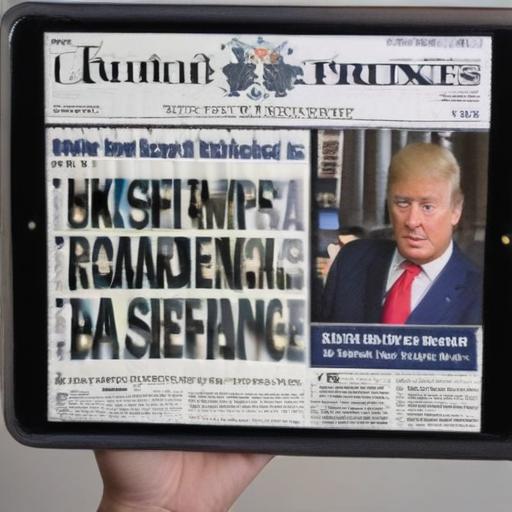Keir Starmer, the Prime Minister of the UK, has expressed strong support for President Donald Trump’s recent military strikes against Iran’s nuclear sites in Fordow, Natanz, and Esfahan. Starmer described the Iranian nuclear program as a serious threat to global security, affirming the importance of protecting international interests and urging Iran to engage in diplomatic talks.
This support comes ahead of a major NATO summit in the Hague, where Starmer is expected to collaborate with other world leaders, including officials from the Trump administration. Following the strikes, Downing Street indicated that the Prime Minister would be proactively reaching out to allies to further discuss the situation.
Business Secretary Jonathan Reynolds confirmed that the UK was notified in advance of the US military actions. He emphasized that the safety of British citizens in the region is the government’s top priority, with efforts underway to evacuate individuals from contested areas within Israel, Iran, and surrounding regions. Reynolds also raised concerns about potential Iranian cyber threats to the UK, stating that such activities occur regularly and highlighting the possibility of designating the Iranian Revolutionary Guard Corps (IRGC) for sanctions.
Support for the US’s actions has also emerged from other political figures in the UK. Tory leader Kemi Badenoch commended the strikes, arguing that they were necessary to combat global terrorism linked to Iran. In a similar vein, former Tory Defence Secretary Grant Shapps voiced his support, stating that Trump’s decision was fundamentally correct given the threat posed by the IRGC.
Conversely, criticisms have arisen from within the political landscape. Dame Emily Thornberry, Labour chair of the Foreign Affairs Select Committee, branded the strikes as a significant error and warned of the potential escalation of conflict. She voiced concerns about the unpredictability of Iranian retaliation.
Former Tory Foreign Secretary Sir Malcolm Rifkind suggested that Trump’s actions could potentially deter nuclear proliferation in the Middle East, indicating that a nuclear-armed Iran would incite regional instability and a possible arms race among neighboring countries.
Amid the strong political divide, independent MP Zara Sultana criticized the UK’s alignment with US foreign policy, drawing parallels to past interventions in Iraq and questioning the integrity of intelligence that justifies military action.
The current geopolitical situation underscores the intricacy of international relations and the varying perspectives on military interventions, with many leaders advocating for diplomatic solutions while others support decisive military actions.
This moment in history serves as a reminder of the delicate balance between national security and international diplomacy, echoing the sentiments of numerous analysts who stress the importance of careful consideration when dealing with hostile state actors.
